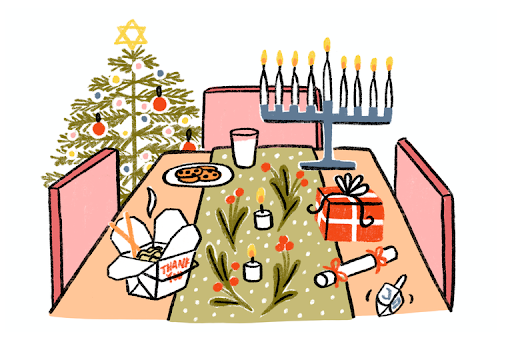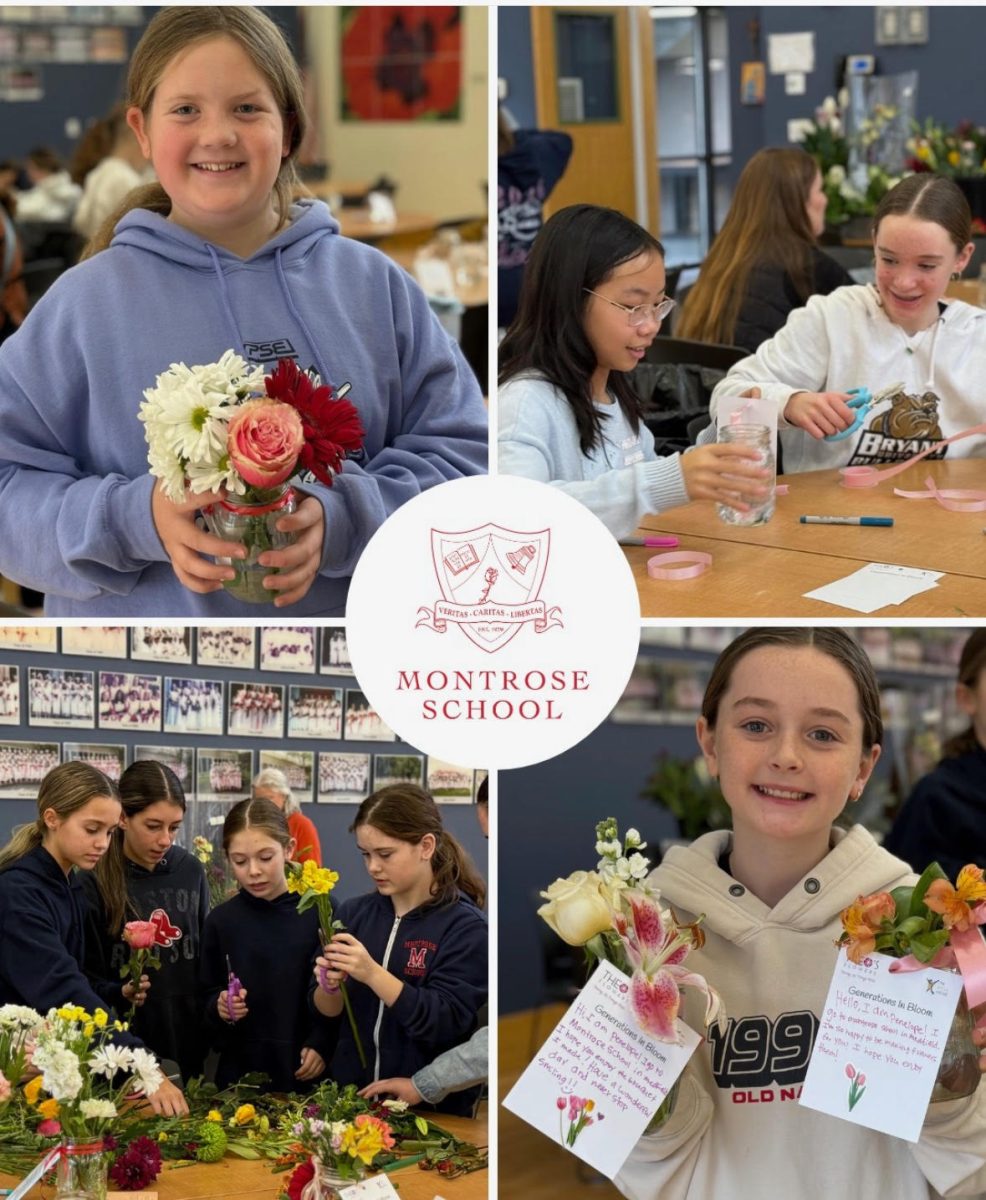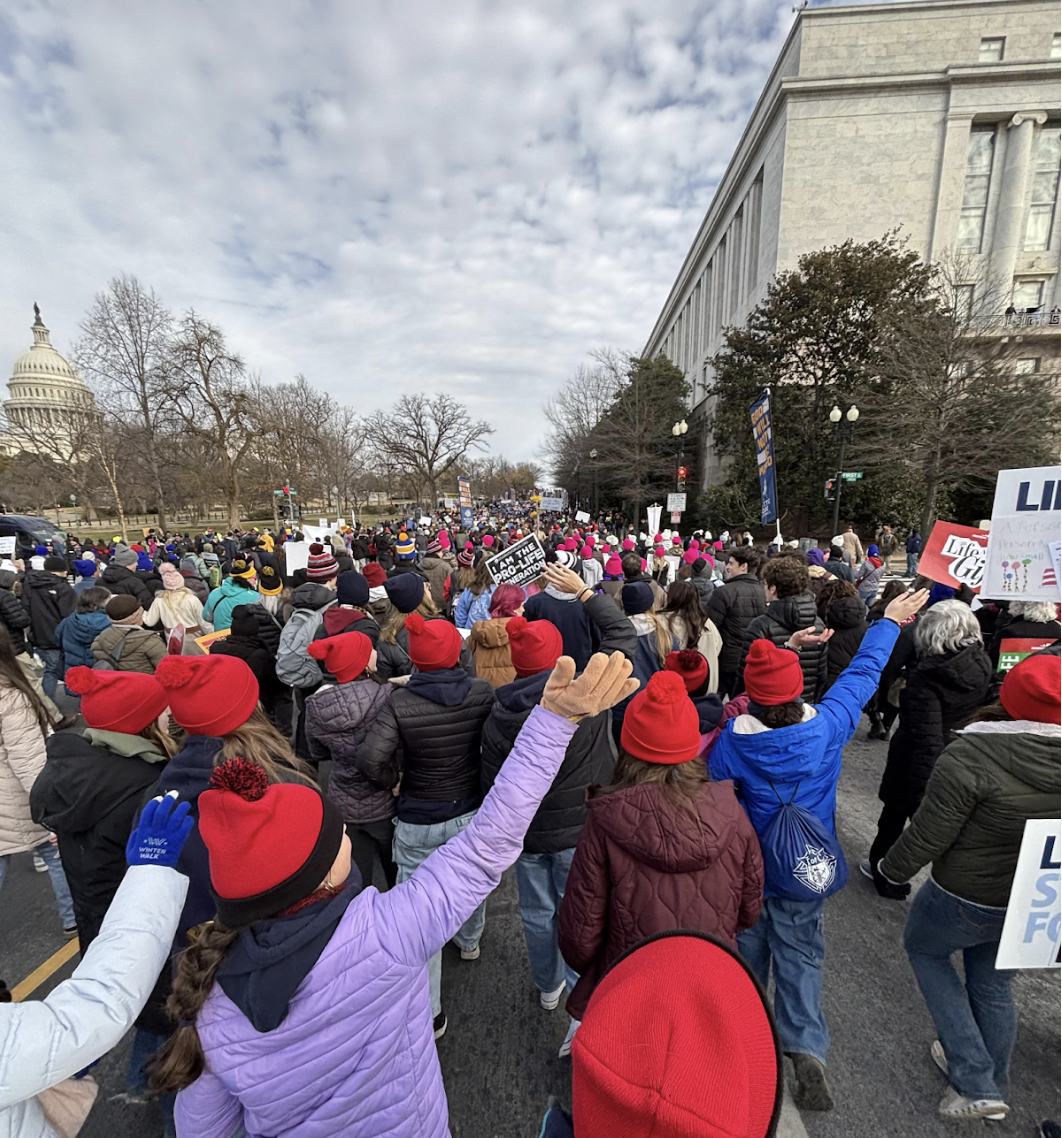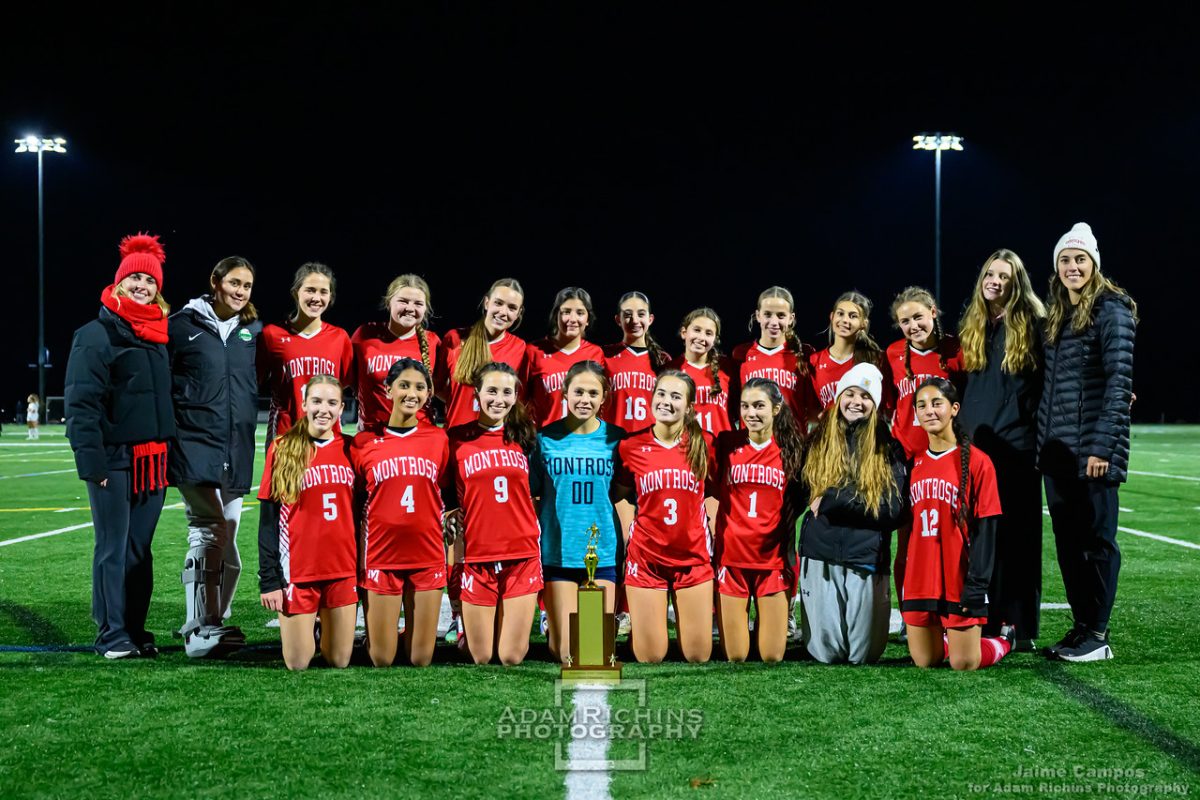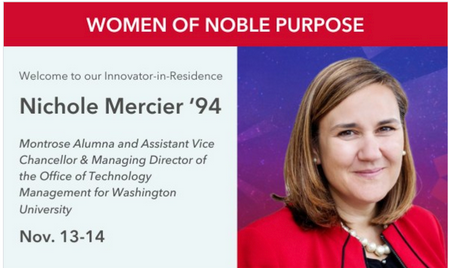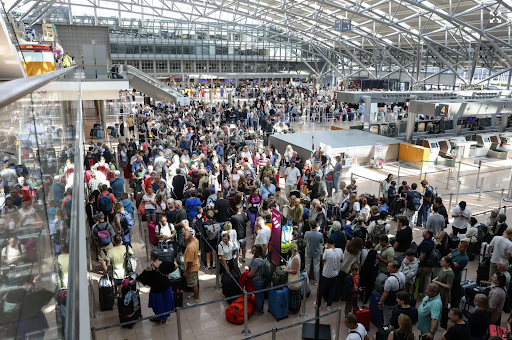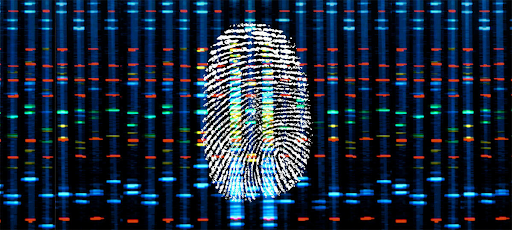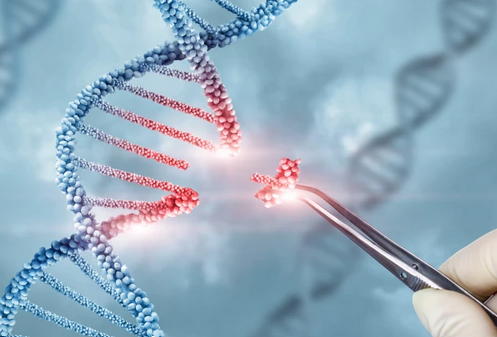You hear your friend counting down “5 , 4 , 3 , 2 , 1…. Happy New Year!” These words have different effects on different types of people, some may feel happiness for making it through the year and others may feel excitement to attack the new year with greatness. One emotion however is almost always felt- relief. As much as we hate to admit it, there is a sweet small pang of relief that we feel when it comes to getting out of the stress of the holiday season knowing that all the rushing, chaos, planning and cooking is over. But why does this happen? How come the minute the holiday seasons end you get hit with that small wave of relief?
The answer to that lies in the brain’s cerebral and prefrontal cortex. During this time the prefrontal cortex goes into overdrive. According to Ellen Bratan PHD in an interview with Harvard for their article of Holiday Stress and the brain; “‘The holidays were filled with joy and stress.’” Bratan also later told Harvard that “‘The tough part is that shifting sets, which can be hard for us at any point of the year, is particularly pervasive at the holidays.’” This is proven in multiple occasions but both real life and the article as the ability to manage switching focuses. This gets harder as the holiday season arrives and passes through. Another article from Stanford University on What Happens to the Brain During the Holiday’s states that each person has a different reaction to different things during the holidays. They can be mostly categorized into the branches of Anticipation, Nostalgia, Joy, Relaxation, Loneliness and according to our Harvard article, Stress. The Anticipation you feel before opening your presents or the Joy in seeing the presents there in the first place and even the gratitude that surges when you open the present and see that it’s the thing that you’ve always wanted, be it a book, a toy, or even socks. These emotions come from the release of dopamine which helps power the feel good factor that helps us view the world in a lighter sense. This emotion is similar to the feeling of love and even nostalgia. With the feeling good factor with the social connection we get and the nostalgic memories that are triggered by the amygdala and hippocampus. The Amygdala helps with storing memories and the Hippocampus, along with regulating the collection on the memories also plays a key role in triggering them. These memories get triggered when familiar things appear like- for example Christmas lights or menorahs!
This is why it is understandable and somewhat expected for people to have that small meaningful yet minuscule pang of relief when the string of holiday seasons from October to December ends. It may be ironic to talk about the holidays being a time for relaxation only to say that they are stressful but the holidays scene is such a mix or emotion that all of these emotions can have their own time, like relaxation after a/on a trip and stress when busily preparing for a huge family dinner. All throughout this, holidays are truly a time to cherish, no matter how confusing they can be.
By Tvesha Patel ‘27, Science Editor
27tpatel@montroseschool.org

